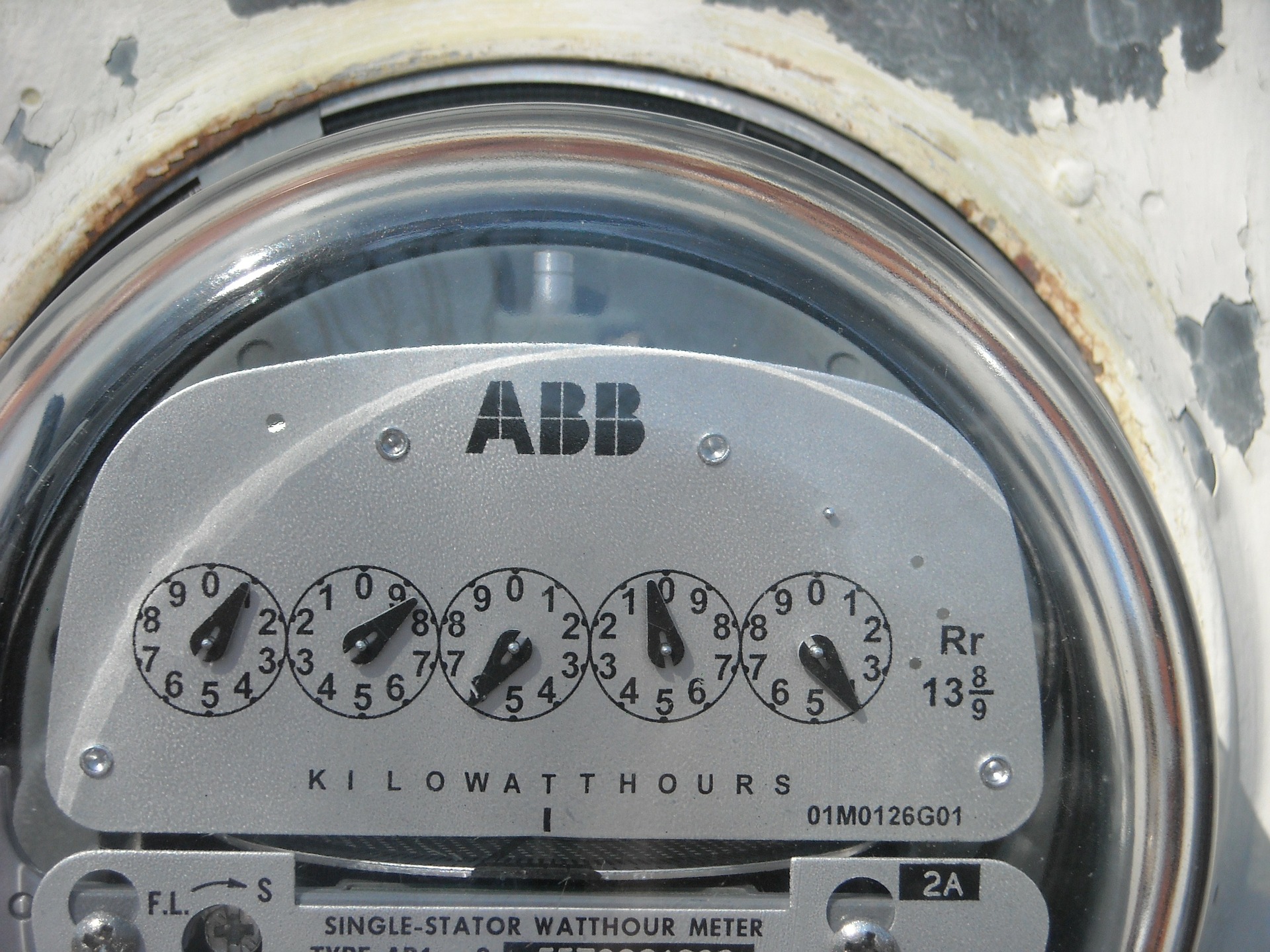NASASAYANG NA PERA: Energy efficiency law could save P37.8 trillion energy savings
- February 22, 2019
- 0

While the measure is waiting for approval from President Rodrigo Duterte, Philippine Energy Efficiency Alliance (PE2) President Alexander Ablaza noted that delays in passing the bill hinders the effects of mandatory EE&C implementation, particularly the reduction in the rise in energy prices.
“Our energy market badly needs to arrest the business-as-usual escalation of electricity tariff and fossil fuel prices, and a further delay in the implementation of energy-saving projects, programs and investments will only serve to delay their decelerative effects on energy price increases,” Ablaza was quoted in a BusinessMirror report.
He added that the measure can slow down energy price increases by allowing players delay new capital expenditure requirements needed for energy infrastructure capacity upgrades from generation, transmission and distribution, and also reduces the forecast rise in reliance on imported energy.
The delay in the passage of EE&C measure could result in loss in experiencing the P37.8 trillion energy savings through 2040, he said.
“This means that households, small businesses, buildings, industries, public facilities and other energy end-use sectors stand to collectively save less than P37.8 trillion in avoided energy purchases between now and 2040 if the passage of the EE&C Act slips beyond this first quarter of 2019,” he said.
For over 28 years, the Philippines had no energy efficiency law, making it the last among Asean nations to implement EE&C through legislation and begin EE&C investments with fiscal incentives.
“The EE&C bill had a 28-year history of being refiled since the 8th Congress. The country cannot afford to prolong this delay,” he said.
The Bicameral Conference Committee earlier had a meeting to settle the disagreeing provisions of Senate Bill 1531 and House Bill 8629 and approved the EE&C Act in January.
The committee changed some of the fiscal incentives provision on existing Executive Order 226, otherwise known as the Omnibus Investments Code of 1987, as amended.
It also considered the last-minute suggestion of the Department of Finance (DOF) to decrease the period of mandatory inclusion of energy-efficiency projects in the investments priorities plan, from 15 years to 10 years.
The Senate panel said that it is only a just adjustment between the incentive rationalization objectives of the DOF and the requirements of private investors,
In addition, both parties agreed to exempt energy-efficiency investments from Article 32(1) of EO 226, which makes foreign-owned projects eligible for fiscal incentives.